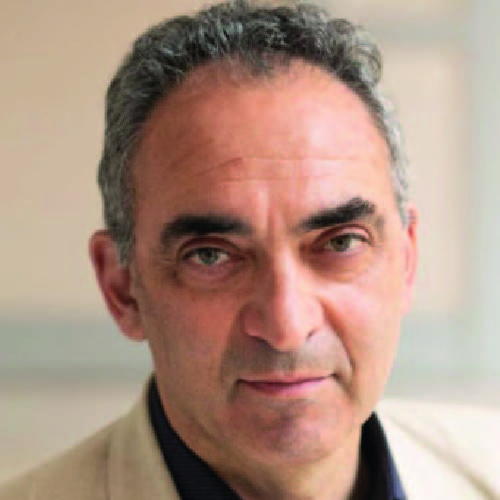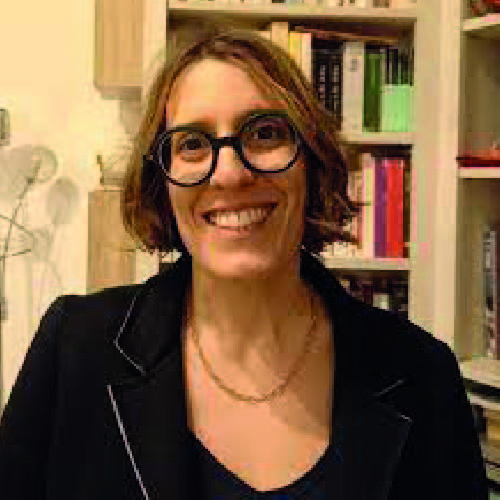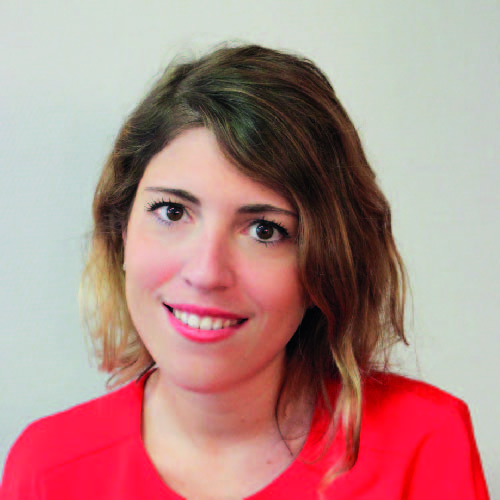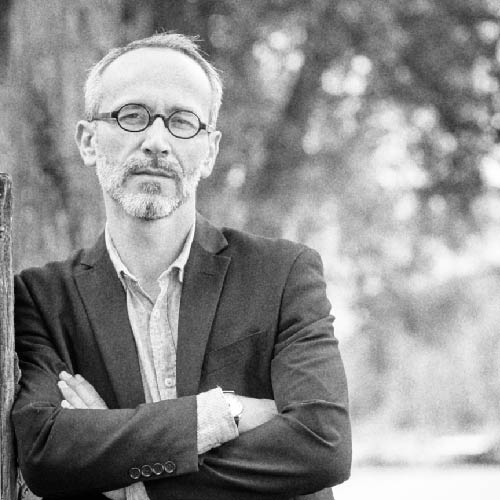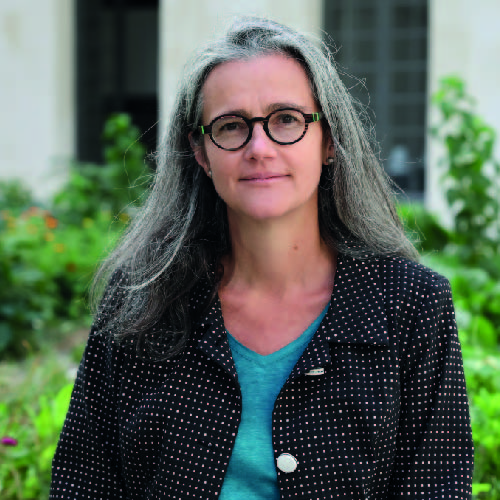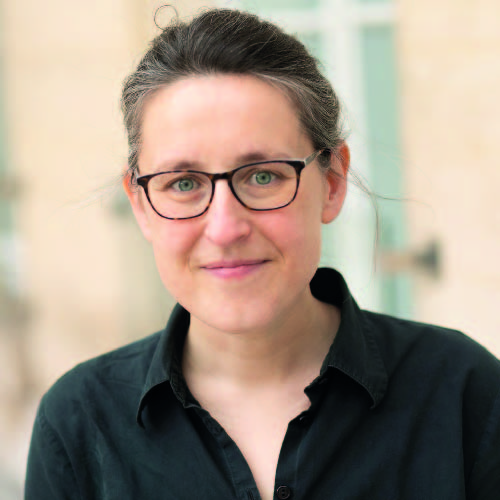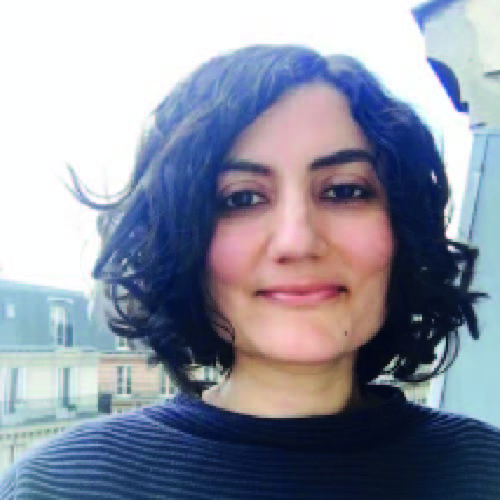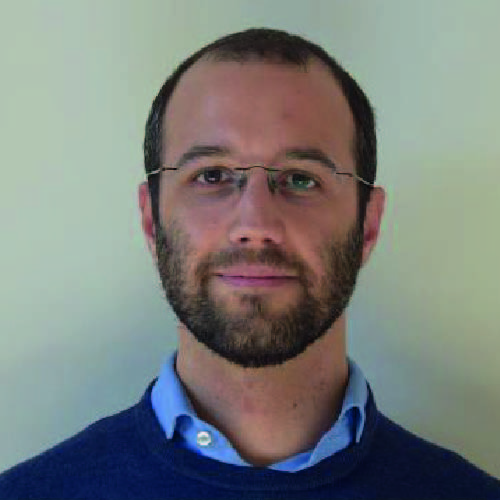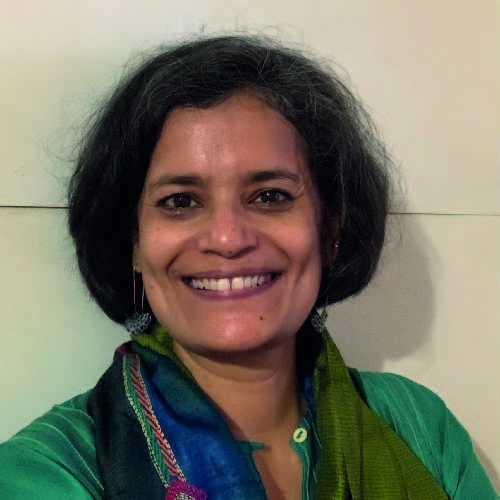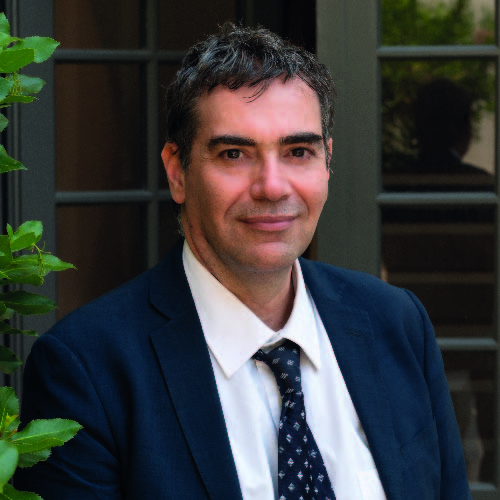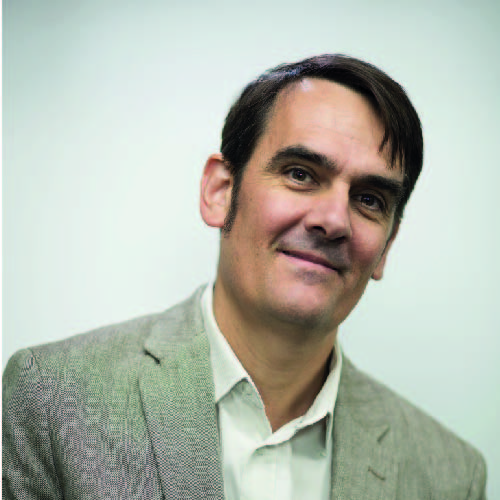AESOP 2024 ANNUAL CONGRESS | ROUNDTABLES
36th AESOP Annual Congress 2024 Paris, France
“GAME CHANGER? Planning for just and sustainable urban regions”
Planning Future Histories: Lessons from European Metropolitan Regions
Organizers :
- Carola Hein, TU Delft
- Alankrita Sarkar, TU Delft
- John Hanna, TU Delft
Speakers:
- Carola Hein, TU Delft
- Christa Reicher, RWTH Aachenöller (TBC)
- Phoebus Panigyrakis, TU Delft
The future of planning as a professional practice, as the past performance of the discipline, is challenged and global challenges require comprehensive new measures. Sies and Silver identify several ways in which planning history can assist in the more effective planning of cities through more sophisticated understandings of complexity, uncovering and analysing policy assumptions, researching the impact of planning decisions, and better documenting the “costs, benefits and logic of decisions” (Sies, M. C. and C. Silver, 1996). Put even more directly, “We need to know what worked and for whom, what did not work and why” (Silver, C. , 1984). Planning history provides an opportunity to understand the motivation for planned interventions and serves as a foundation for future interventions. Historians also have an important role in analysing past plans for a bygone future, pointing out challenges for future visions. As they organise, evaluate, and sometimes revive the knowledge infrastructure of planning practices, they provide grounding for contemporary design. During this roundtable discussion, we aim to incorporate insights from diverse aspects of research, emphasising the foundational role of planning history in contextual analysis. Roundtable participants will discuss defining moments of planning history that set the basis for long-term future developments and provide lessons for the planning of metropolitan regions. Planning is key to European future development. Under the urgent conditions of climate change, understanding the past becomes key for planning the future. To achieve this we need planners with a sense of history, and historians with a sense of planning. Observing the evolving terminologies of planning across history is profoundly intriguing. Through diverse examples of research in urban planning, our objective is to identify patterns and prevent the recurrence of historical errors, while also drawing insights from the best practices in planning history. Planning history must take societal change, values, politics, governance, economics, demography and technology into account. Planning and plans include many long term dimensions,while urban reality changes quickly whether planned or unplanned (Schubert, Dirk.,2019). What strategies can we dopt to enhance our actions and accelerate planning at a time of climate change from the lessons of planning history?
Keywords: Planning history, climate change, long term planning, planning, history
LOC
The Local Organising Committee
